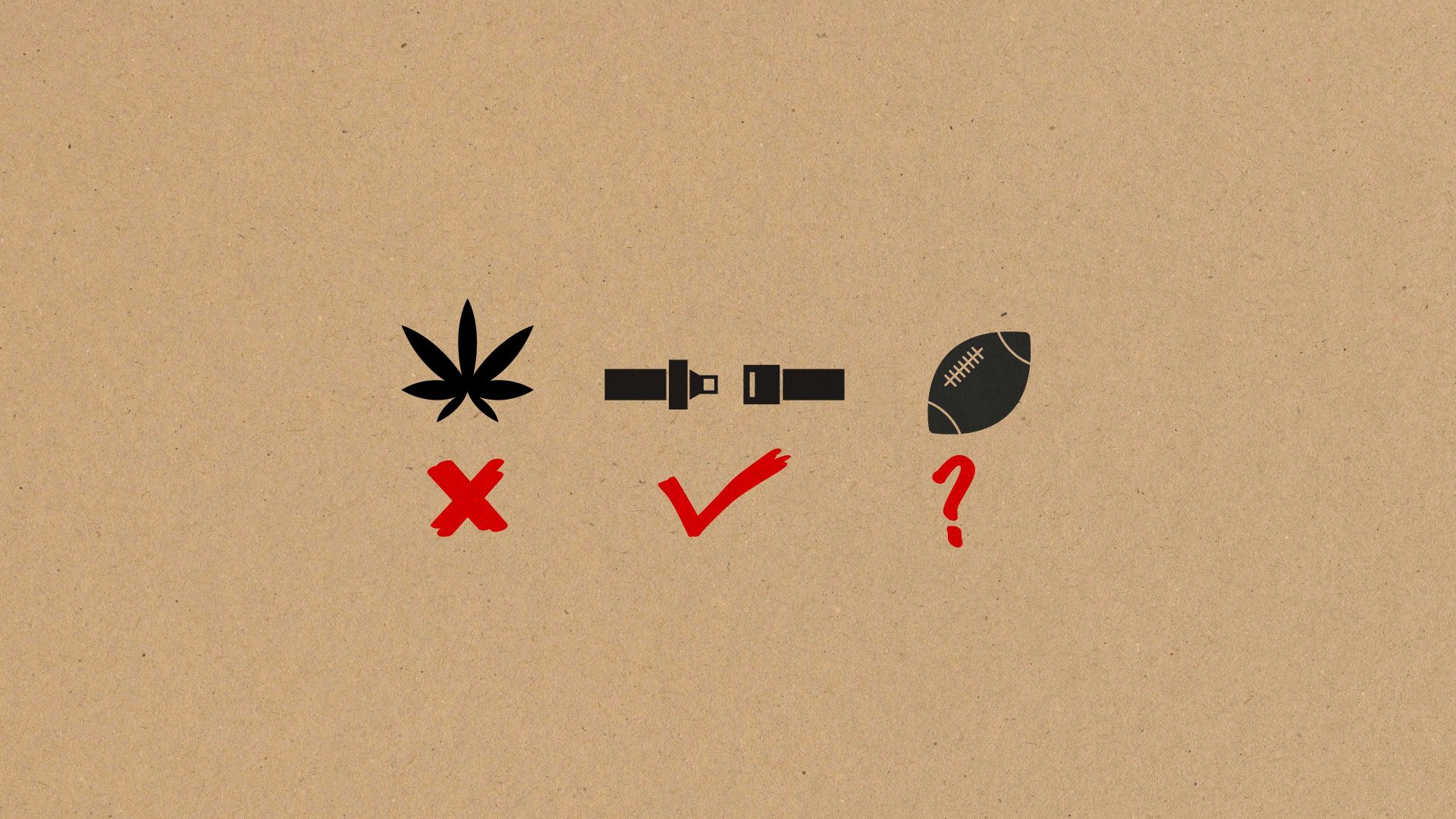French ski champion Adèle Milloz and her climbing partner fell to their deaths from the Aiguille du Peigne in the Mont Blanc range earlier this month. Milloz was training to be a mountain guide and the two were roped together.
Milloz had previously excelled at ski mountaineering, known as skimo, in which participants climb a mountain and then ski down it. The cause of this fatal accident is unknown. It may have been linked to the recent drought, which made this area far more perilous than usual, though rock falls have been ruled out as the cause. Alpine climbing carries significant risks, even for experts. This won’t be the last tragic accident in that range.
Dangerous sports are popular across the world. Some, including boxing, rugby, and heading in football, have been linked with cumulative brain damage as well as the more obvious risks. When we make decisions about the risks we’re prepared to take in life, most of us are very bad at assessing comparative risk and are often swayed by irrelevant factors, such as news of a recent airline crash, to imagine that an activity is more dangerous for us than it in fact is. It works the other way, too, when we give less weight to risks than we should. Yet we make decisions every day based on a subjective perception of risk.
Are some widely practised activities so objectively dangerous that we should outlaw them or have governing bodies that control them more strictly for the sake of the participants? It’s not obvious where to draw the line if so, and some would see that as an unacceptable infringement of their liberty to take risks with their own lives. For many the danger involved in competitive rock-climbing, motorcycle racing or boxing is part of the thrill. Remove the danger and the activities would be less appealing for participants and spectators alike. But should people drawn to these risks still sometimes be protected from their risk-taking selves?
Paternalism is acting as parents should towards their children: protecting them from danger. We do have some paternalistic laws: these include prohibitions on most recreational drug use. Laws requiring motorcyclists to wear a helmet and car users to wear seatbelts are also largely paternalistic, though they have the beneficial side-effect of accident victims making fewer demands on medical services.
A group of former professional and semi-professional rugby union players with early-onset dementia and other irreversible neurological problems is taking out legal proceedings against the governing bodies of their sport, arguing that they failed to protect them adequately from permanent damage resulting from repeated concussive blows to the head. They want to make the game safer by having paternalistic laws put in place that will better protect players.
There can be no doubt that paternalism is sometimes appropriate towards children. Without protecting them from their choices, for instance, some adolescents will take risks they don’t fully understand and end up destroying their lives. Laws prohibiting young people from smoking, for example, seem wise, given what we know about long-term risks to health. But most of us are inconsistent in our paternalism even towards children, particularly in the area of sport. Children still play contact rugby despite the known risks. Some children don’t just learn to punch in boxing and other martial arts, but spar as well. And I have seen parents encouraging their children to play “header tennis” to improve their football skills.
But paternalistic interventions towards adults can be more controversial because they necessarily restrict individual freedom. Individual autonomy as an adult means choosing and accepting the consequences of our choices, including those that put us at risk. We need protection from other people, not from ourselves. John Stuart Mill’s position in On Liberty was that the state or other people are only justified in intervening when we risk harming others. If someone has no dependents, he argued, they should be free to drink themselves to death without state intervention.
Yet, as the rugby union example shows, we do sometimes need paternalistic regulation informed by accurate risk analysis to protect us, partly because at the time we make decisions we may not fully appreciate the risks we are taking. Risk analysis is best done by experts who understand the data. The difficulty here is deciding where to draw the line. We don’t want our freedoms curtailed too much, but sometimes paternalism can save us from ourselves.



